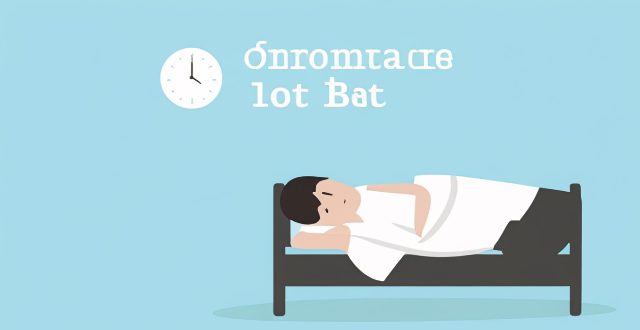The text discusses the importance of finding the right pillow and mattress for people with sleep issues, considering factors such as sleeping position, allergies, and personal comfort. It provides an overview of common sleep problems like insomnia, sleep apnea, restless leg syndrome, neck and back pain, and snoring. The article then delves into the types of pillows and mattresses available, highlighting their benefits and suitability for different needs. It emphasizes the significance of choosing the right materials to address specific sleep issues, such as memory foam for pressure point reduction or latex for hypoallergenic properties. The text concludes by encouraging readers to consider personal preferences and try before buying, noting that what works for one person may not work for another.

Are Certain Types of Pillows or Mattresses Better for People with Sleep Issues?
Sleep is a crucial component of overall health and well-being. For those who struggle with sleep issues, finding the right pillow or mattress can be a game-changer. In this response, we will explore whether certain types of pillows or mattresses are better for people with sleep problems and provide recommendations based on various factors.
Understanding Sleep Issues
Before diving into the specifics of pillows and mattresses, it's essential to understand the common sleep issues that individuals face:
- Insomnia: Difficulty falling or staying asleep.
- Sleep Apnea: Breathing disruptions during sleep.
- Restless Leg Syndrome (RLS): Uncomfortable sensations in the legs that cause an irresistible urge to move them.
- Neck and Back Pain: Discomfort that can make it difficult to find a comfortable sleeping position.
- Snoring: Loud breathing during sleep that may indicate underlying sleep disorders.
Choosing the Right Pillow
Factors to Consider
When selecting a pillow, consider the following factors:
- Sleeping Position: Side, back, or stomach sleepers require different levels of support.
- Allergies: Hypoallergenic materials can reduce allergens like dust mites.
- Personal Comfort: What feels comfortable varies from person to person.
Types of Pillows
Here are some pillow types and their benefits:
- Memory Foam: Conforms to the shape of your head and neck, providing support and reducing pressure points.
- Latex: Made from natural materials, offering firm support and hypoallergenic properties.
- Feather or Down: Soft and adjustable, but not suitable for allergy sufferers.
- Contour/Cervical Pillows: Designed to support the neck and promote proper alignment.
Selecting the Appropriate Mattress
Mattress Materials
Different mattress materials offer unique advantages:
- Innerspring: Traditional coil support with varying comfort layers.
- Memory Foam: Conforms to the body, reducing pressure points and motion transfer.
- Latex: Naturally hypoallergenic with a bounce that some prefer.
- Hybrid: Combines innerspring support with memory foam or latex comfort layers.
Considerations for Sleep Issues
For specific sleep issues, consider the following:
- Insomnia: Look for mattresses that promote a cool sleeping environment, as overheating can interfere with sleep.
- Sleep Apnea: Elevated or adjustable bases can help by keeping the airways more open.
- RLS: Mattresses with consistent support across the surface can minimize the need to toss and turn.
- Neck and Back Pain: Firm or medium-firm mattresses often provide better support for spinal alignment.
- Snoring: Similar to sleep apnea, elevated sleeping surfaces or mattresses that reduce allergens can help.
Final Thoughts
Investing in the right pillow and mattress can significantly improve sleep quality for those with sleep issues. It's essential to consider personal preferences alongside any specific sleep challenges when making a selection. Always try before you buy, if possible, to ensure the best fit for your needs. Remember, what works for one individual might not work for another, so it's about finding what's most comfortable and supportive for you.